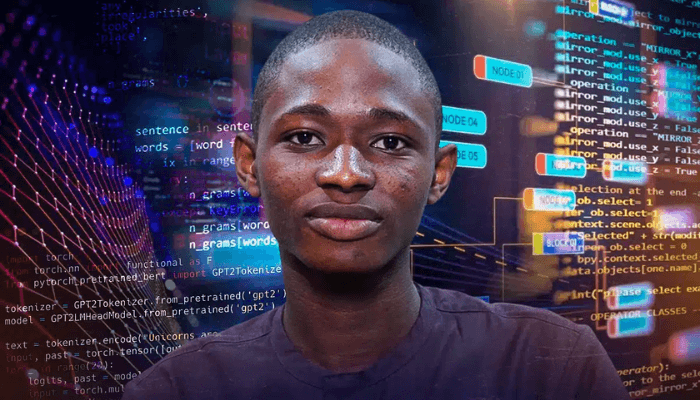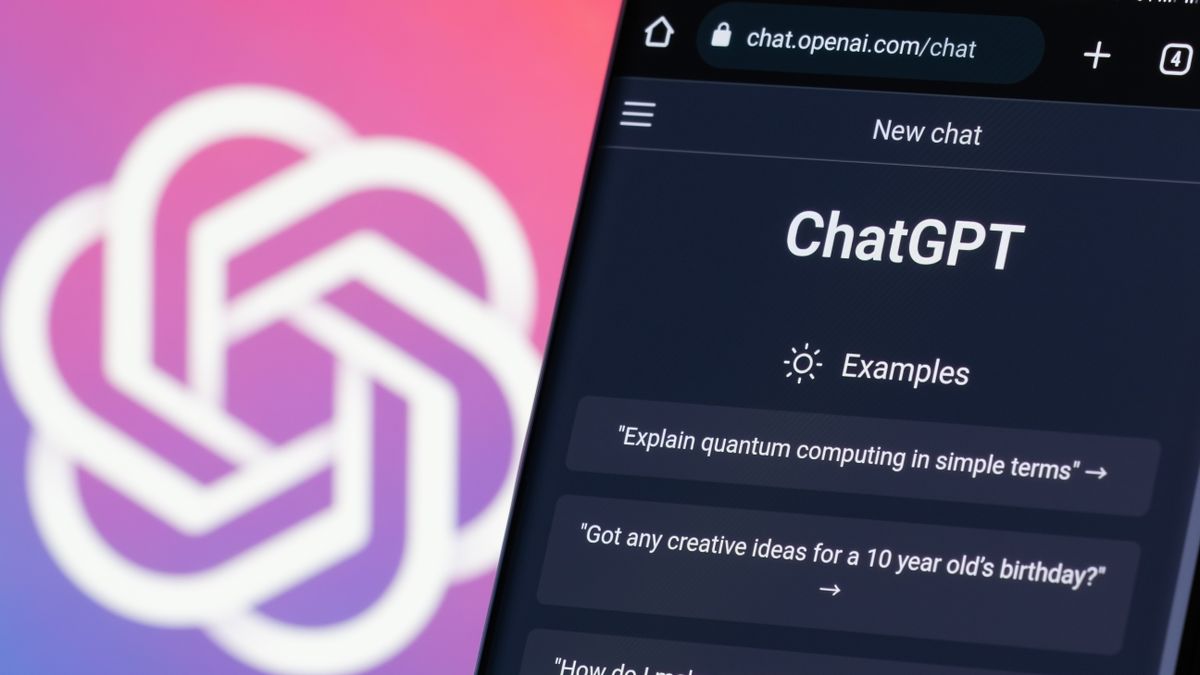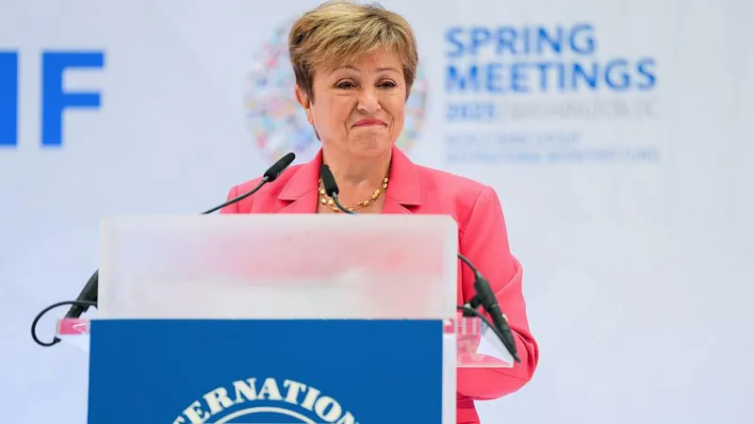Artificial intelligence is rapidly transforming industries worldwide, but African languages have often been overlooked in AI development. While tech giants like Google, Microsoft, and OpenAI pour billions into AI advancements, African linguistic diversity has been largely ignored. However, a young Nigerian, Saheed Azeez, is changing that narrative with his groundbreaking AI model, Yarn GPT.
Yarn GPT: AI That Speaks Nigerian Accents and Indigenous Languages
Saheed Azeez, a mechanical engineering student at the University of Lagos, developed Yarn GPT, an AI model designed to convert text to speech in Nigerian-accented English and indigenous languages like Yoruba, Igbo, and Hausa. Unlike standard AI-generated voices, which often mispronounce African names and phrases, Yarn GPT captures the rhythm, tone, and pronunciation unique to Nigerian speech, making AI interaction more natural for local users.
How Was Yarn GPT Built?
To develop his model, Saheed trained Yan GPT using audio samples from Nollywood movies, famous Nigerian phrases, and available linguistic datasets. He built two AI models:
- Yarn GPT: Specializes in Nigerian-accented English.
- Yarn GPT Local: Reads text in Yoruba, Igbo, and Hausa, making it one of the first AI models tailored to Nigeria's linguistic diversity.
Despite limited resources, Saheed used Google Colab, a cloud-based platform that provides free and paid GPU access for AI research. His determination and resourcefulness allowed him to build a powerful model without expensive computing hardware.

Why Yarn GPT Matters
Yan GPT has the potential to revolutionize AI accessibility for Africans. Here’s how:
- Improving AI Voice Assistants: It allows users to interact with AI in natural-sounding African accents.
- Enhancing Education: Educators can use it to teach in indigenous languages, making learning more inclusive.
- Supporting Businesses: Companies can integrate Yan GPT into customer service chatbots and automated voice services.
- Empowering Content Creators: Nigerian YouTubers and podcasters can generate voiceovers in authentic African accents.
Open-Source Innovation for Africa
One of the most exciting aspects of Yan GPT is that it’s open-source. This means developers across Africa and beyond can access, modify, and improve the model. A programmer from Kenya, Ethiopia, or South Africa can tweak it to suit their local languages, fostering collaborative AI development across the continent.
Yarn GPT 2 and Future Updates
Building on the success of the first version, Saheed recently launched Yarn GPT 2 and Yarn GPT 2B, which introduce:
- A web interface that allows users to test the AI model easily.
- Integration of Yoruba, Igbo, Hausa, and English into a single model.
- Speech-to-text capabilities for enhanced AI interaction.
Try Yarn GPT Today!
Yarn GPT is more than just a speech AI; it's a step towards African AI inclusivity. If you’re curious, you can test it yourself and see how AI can sound truly Nigerian.
With innovations like this, Africa is no longer asleep in the AI revolution—it’s making its voice heard. What do you think about Yarn GPT? Let us know in the comments! 🚀
#African AI #Nigerian technology #AI in Africa
- #Text-to-speech AI #Yoruba AI #Hausa AI
- #Igbo AI #African speech technology
- #AI innovation in Nigeria















0 Comments